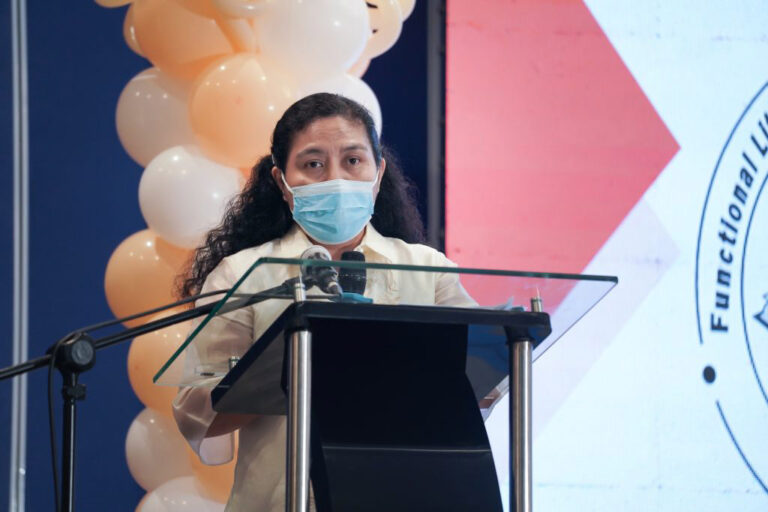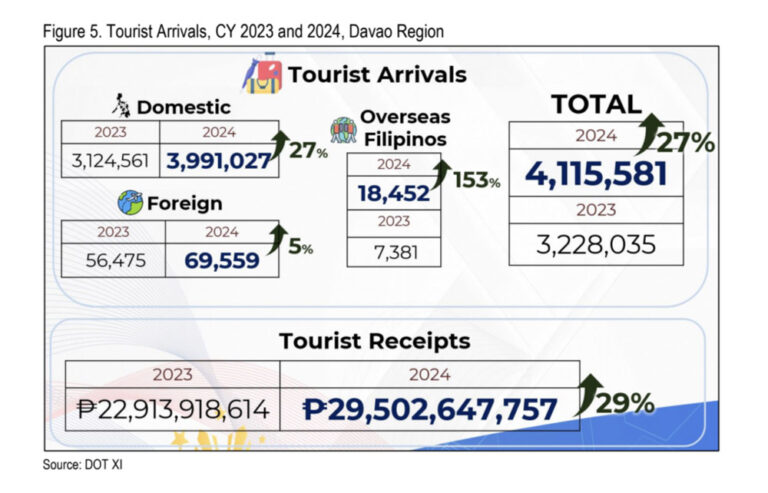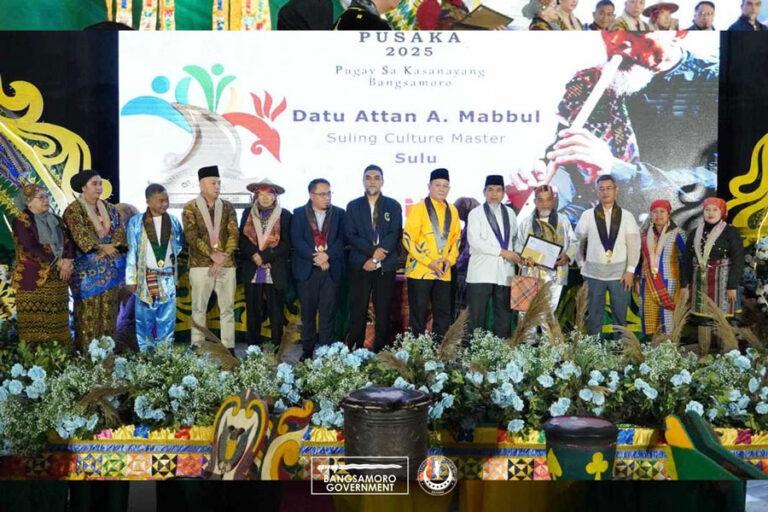DAVAO CITY – The Economist Intelligence Unit (The EIU), the world’s leading resource for economic and business research, forecasting and analysis, has released Monday a report on President-elect Rodrigo Duterte which evaluates three likely scenarios for economic growth under his administration.
In the report dubbed “Strongman rising: What a Rodrigo Duterte presidency will mean for the Philippines” evaluates three likely scenarios for economic growth under the Duterte presidency – Though he remains a divisive politician, his relatively strong popularity will mean that the transition to a new government will be uncontested; Although economic growth is set to slow, the Philippines will still boast one of the strongest GDP growth rates in Southeast Asia and that there is a risk that Duterte’s overzealous focus on improving domestic security might lead to neglect of important economic and social reforms.
GDP refers to the gross domestic product – the monetary value of all the finished goods and services produced within a country’s borders in a specific time period.
The London-based EIU said while Duterte has a successful track record – as mayor of Davao City in Mindanao – in reducing corruption, crime and drug abuse, “his methods have been dubious, posing serious doubts about his human rights record.”
It believes that fears for the future of the country’s political environment under Duterte are valid, but gross economic mismanagement looks less likely, at least in the short term.
“Mr. Duterte’s rise was quick and unexpected and the situation remains uncertain. He continues to be “a loose cannon” and speaks sensationally on a number of sensitive topics. However, it is still too soon to write off the dynamism of the Philippine economy under a Duterte presidency,” Anwita Basu, Lead Philippines Analyst at the Economist Intelligence Unit, said in a statement sent to the regional newspaper Mindanao Examiner.
As Duterte inherits a fairly robust economy from his predecessor, Benigno Aquino, it will be difficult to shake the established strength in the fundamentals, according to The EIU, adding, the most likely scenario it expects is that the economy will expand by at least an average of 5% per year between 2016 and 2020.
With this scenario, it said Duterte will be open to foreign investment and may adopt measures to boost competition in the domestic economy. It added that amid uncertainty over Duterte’s economic policy it is, however, likely that foreign investors will postpone their decision to enter the Philippines by at least six to 12 months.
“Mr. Duterte is likely to be so focused on his internal law-and-order drive that he leaves the management of the economy to advisers and established lawmakers. His tough-man approach is still likely to retard the development of the country’s institutions, but this will not exert a significant drag on economic growth in the short-term,” Basu said.
In an alternative scenario, the EIU said there is a probability that Duterte’s single minded pursuit of improving domestic security might lead to a neglect of other important economic and developmental reforms.
This would result in a slowdown in economic growth and under these circumstances private investment would weaken throughout Duterte’s 6-year term, with businesses becoming more concerned with the law and potentially rising political instability, it said.
The EIU said a less likely scenario is that Duterte is impeached following a legislative crisis within a couple of years of being elected. This would result in political paralysis and severe uncertainty.
“Although he has maintained a fairly clean record in his two-decade term as mayor of Davao City, it’s possible the political elite will try to engineer impeachment proceedings if relations with Mr Duterte deteriorate. Given his divisive personality and tendency to dismiss political institutions and procedures, the risks remain heightened. Should an impeachment occur, the Philippines would return to its grim tradition of political instability,” it said.
But over the past five years, the Philippines has become one of the fastest-growing countries in South-East Asia, transforming from “the sick man of Asia” to a “rising tiger” with GDP growth of 6.2% per year, on average, from 2010 to 2015, the country also made improvements in its business environment with its rank in the ease of doing business rankings compiled by the World Bank group jumping from 144 in 2010 to 97 in 2015.
It said should Duterte manage a smooth transition and not let his “bellicose personality and hard-line attitudes” get in the way of maintaining policy momentum, the economy will remain sturdy.
The EIU publishes a number of reports each year focusing on current issues affecting specific countries, regions and industries. It operates independently as the business-to-business arm of The Economist Group, the leading source of analysis on international business and world affairs. It provides accurate and impartial intelligence for companies, government agencies, financial institutions and academic organizations around the globe. (Mindanao Examiner)
Like Us on Facebook: https://web.facebook.com/mindanaoexaminer
Follow Us on Twitter: https://twitter.com/MindanaoExamine
Read Our News on: http://www.mindanaoexaminer.com / http://mindanaoexaminernewspaper.blogspot.com/
Digital Archives: issuu.com/mindanaoexaminernewspaper
Share Our News



